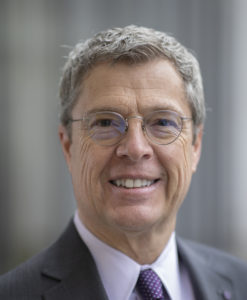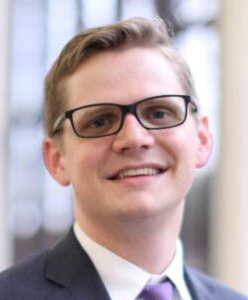Towards a Constitutional Definition of Religion: Challenges and Prospects

Dr. Alex Deagon is a Senior Lecturer in the Faculty of Law at the Queensland University of Technology.
Definitions of “religion” are of central importance to creating the constitutional space for freedom of religion, for it is “religion” which receives protections in constitutional law and international law, and the definition of “religion” in “freedom of religion” will determine the scope of that freedom. However, attempts to define religion have proved to be controversial and contested. There are many competing definitions by scholars and judges but no consensus has emerged. Some courts even refuse to define religion (see, for example, the 2013 Overview of the European Court of Human Rights’ Case-law of Freedom of Religion, para 11).
There are at least four challenges to defining religion. (more…)



